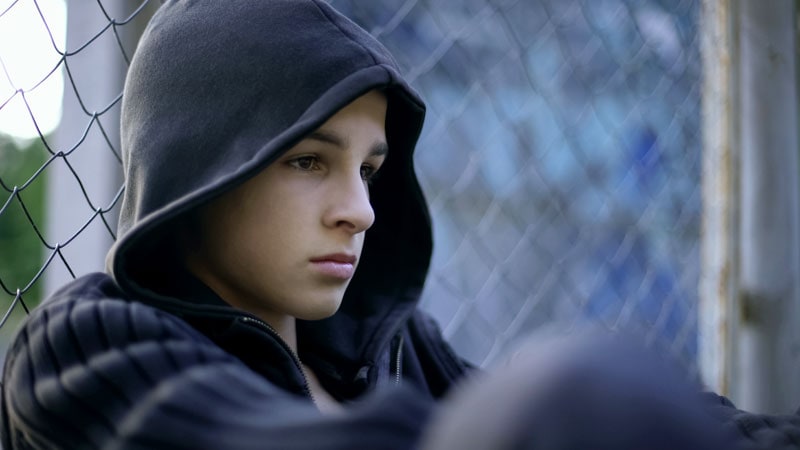The United States Preventive Services Task Force (USPSTF) today released its final recommendations for screening for anxiety disorders. depressionWhen suicide Children and adolescents at risk.
For the first time, the task force is recommending anxiety screening for children aged 8 to 18 who have not been diagnosed with an anxiety disorder and who are exhibiting no signs or symptoms of anxiety.
This ‘B’ recommendation reflects “moderate certainty” evidence that screening for anxiety in 8- to 18-year-olds yields moderate net benefits, the task force said.
However, the task force issued an “I” statement because it found “insufficient” evidence to weigh the balance between benefits and harms of screening for anxiety in children 7 and younger.
The task force also recommends screening for major depressive disorder in children aged 12–18 years (the “B” recommendation), but there is insufficient evidence to weigh the benefits and harms of screening. said there is. depression in children Age 11 and Under (“I” Statement).
As previously reported To Medscape Medical News, These recommendations are consistent with the USPSTF’s 2016 recommendations for screening for depression.
Dr. Martha Kubick, a task force member at George Mason University in Fairfax, Virginia, said, “Fortunately, screening older children for anxiety and depression has identified these conditions. “So we can ensure that children and adolescents get the care they need.” .
“Unfortunately, there are important evidence gaps associated with screening younger children for anxiety and depression and screening all adolescents for suicide risk,” said task force member Lori Pbert, PhD, UMass Chan. Medical School, Worcester, MA.
“We seek further research in these important areas so that we can provide health professionals with evidence-based ways to keep young patients healthy,” said Pbert.
suicide screening
Turning to suicide, the task force states that there is insufficient evidence to recommend or oppose screening children and adolescents for suicide risk, so in line with the 2014 recommendation statement from the task force: Issued an “I” statement.
The task force recommends universal screening for suicide risk in young people ages 12 and older, a blueprint for youth suicide prevention, by experts from the American Academy of Pediatrics, the American Foundation for Suicide Prevention, and the National Institute of Mental Health. ” has been announced. , children aged 8-11 years should be screened as clinically indicated.
A Summary of the Task Force’s Final Recommendation Statements and the Corresponding Evidence Screening for Anxiety in Children and Adolescents, depression and suicide It was publish online today Journal of the American Medical Association and USPSTF website.
The final recommendations are consistent with the draft 2022 recommendations on these topics.
The task force stresses that screening is only the first step in helping children and adolescents with anxiety and depression. Further evaluation is needed to determine.
After diagnosis, adolescents should participate in shared decision-making with parents and health care professionals to identify the best treatment or combination of treatments.
just the first step
In an accompanying editorial, John Walkup, MD, Ann and Robert H. Lurie Children’s Hospital, Chicago, and co-authors point out the potential of pediatric screening: anxiety disorder To be fully realized, research should be prioritized to focus on the screening process from evaluation to treatment.
“Perhaps most importantly, developing smart and sophisticated screening processes aligned with evidence-based treatment strategies that add value to routine pediatric care and improve physical and mental health outcomes in children and adolescents. to do,” they wrote.
Members of the USPSTF do not disclose related financial relationships. Walkup has served as an unpaid member on the Scientific Council of the American Anxiety-Depression Association, received royalties from Wolters Kluwer for his continuing anxiety-related medical education work, and has been recognized by the American Academy of Child and Adolescent Psychiatry and the American Pediatrics Association. academic academy.
jamPublished online on October 11, 2022. letter of recommendation, editorial
For more Medscape Psychiatry news, visit join us twitter When Facebook




